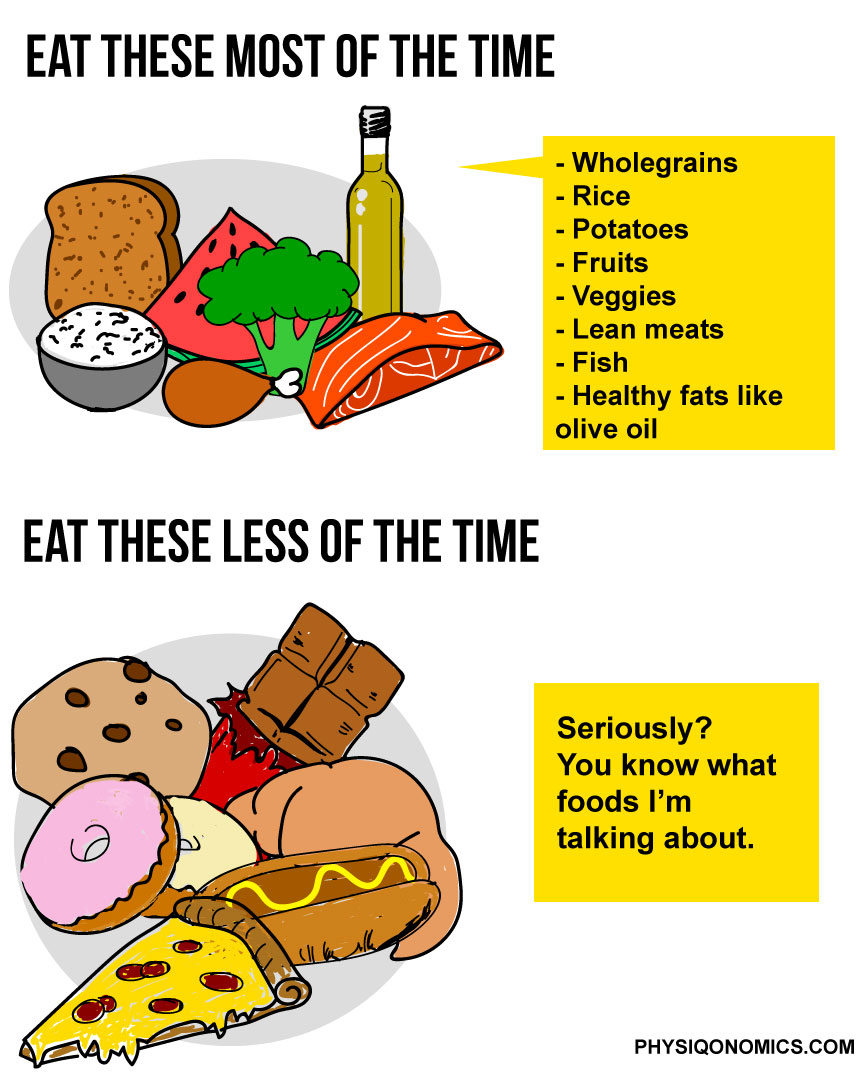Good Overall Article
Yes, overall this provides some good information.
Examining Some of The Article's Information
Now let look at some it...
1) All Diet Work
Any calorie deficit works for losing weight.
As I have note in previous post, Mark Haub (MS Univeristy of Kansas Nutrition) demonstrated that you can low weight on the "Twinkie Diet" by consuming fewer calories.
2) A Diet Your Like
Finding an eating diet that you like and enjoy is one of the keys to staying on it.
3) Higher Protein Intake
a) It keeps you from being hungry.
b) It preserves muscle mass when in a caloric deficit.
4) NEAT, Non-Exercise Activety Thermogenesis
Jobs that require constant movement provide great health benefits and burn more caloriesthan desk jobs.
5) 6 Meals/Snacks Per Day
Research (Dr John Barardi, PhD Nutrition) has demonstrated this method isn't an effective method for increasing your metabolism.
It also blocks body fat from being burned. Constantly eating maintains higher insulin levels. Insulin promotes body fat storage while block fat from being burned.
6) 3 Meal Per Day
Eating three meals a day, allows you to maintain lower insulin levels between meals; burning more body fat
7) Determining You Daily Caloric Intake
Multiplying you body weight by certain numbers is a flawed method for weight loss.
You first need to do a three day recall to find the average number of calories you are consuming a day.
For weight loss, you then need to decrease you Daily Caloric Intake approximately 20%. Research (Dr Layne Norton and John Ivy) determined around a 20% deficit ensure more fat is lost and more muscle is maintained.
8) Cardio Is Least Important?
It depend on the type of cardio.
High Intensity Interval Training Cardio fall into the Strength Training area. It preserves and increases muscle mass.
This type of cardio increases you metabolism for hour after you training session.
Low level cardio, like waking, has it place but isn't really that effective for burning calories.
9) High Fiber Diet
There are some health benefits to fiber.
However, research presented by Dr Paul Mason found that a High Fiber Diet is a bit overrated.
Kenny Croxdale

